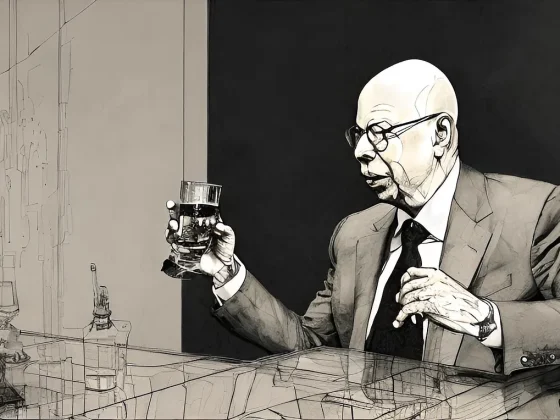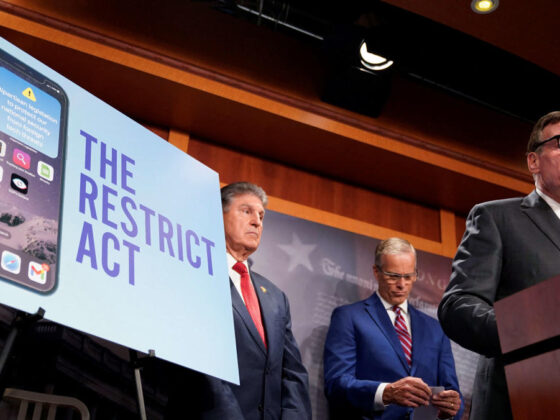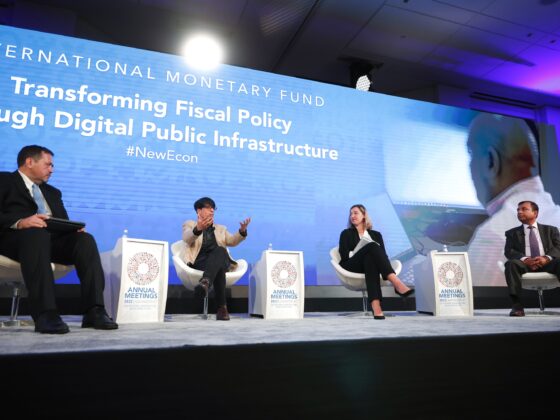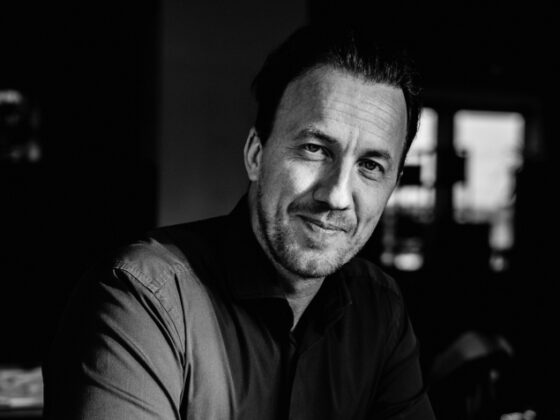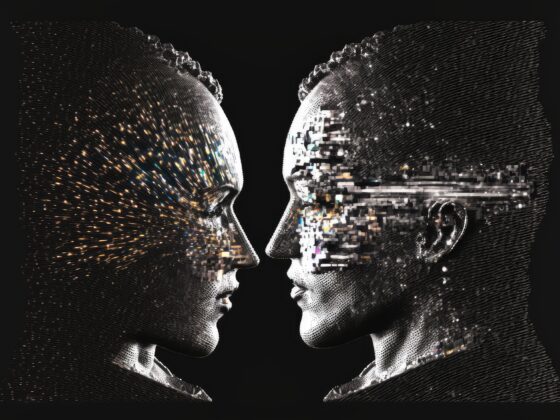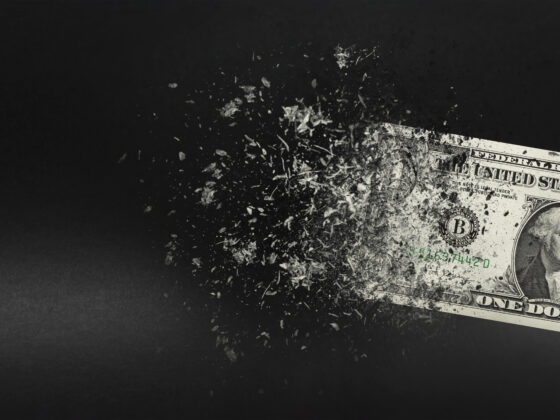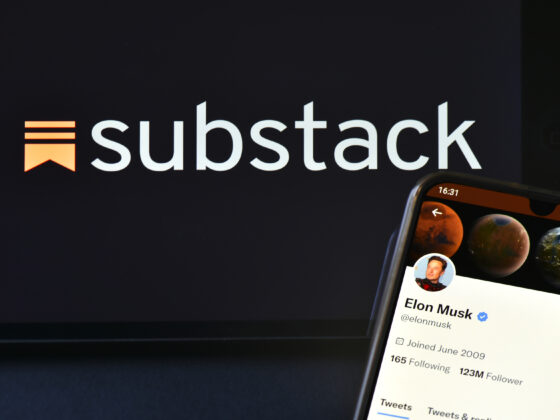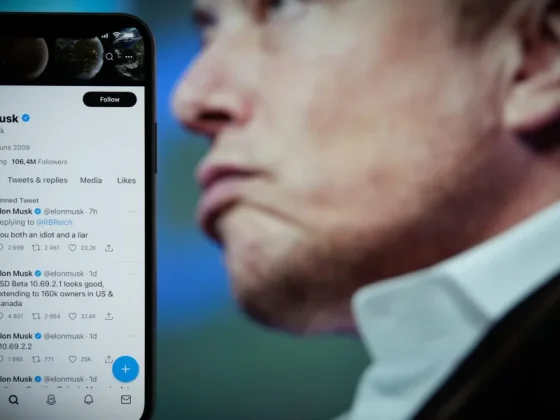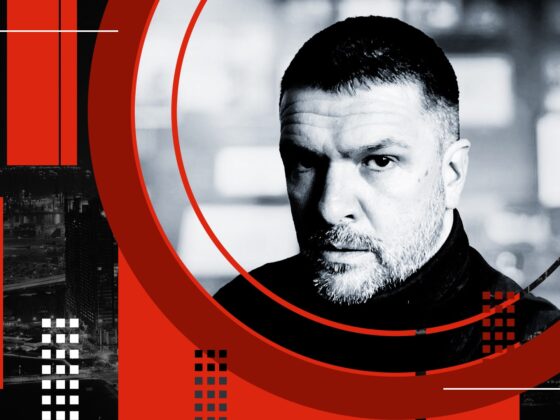“If you give me six lines written by the hand of the most honest of men. I will find something in them which will hang him.” – Cardinal Richelieu
In a time where so much data about people is being constantly harvested in increasingly invasive ways, there is a lot of material to work with. As I’m sure we have all seen, there innumerable ways in which people’s own beliefs, mistakes or decisions land them in serious trouble. Even in cases where the anger is justified, is it truly justice to weaponize constant mass surveillance against everyone at all times?
The internet is a dangerous place. The more intertwined your life is with it the more leverage it has to impact you. Many people dash straight at this for the upsides, but are shocked and horrified once they discover that there are downsides as well. This is because whatever the internet really is, it has tremendous power.
This is not to say everyone must be anonymous at all times, but rather that people vastly underestimate the consequences of undermining online privacy. Different people have very different risks related to being forced to disclose even simple aspects of their identity. It is difficult to overstate how much our digital landscape acts as an extension of state and corporate power.
Pseudonymity
- Need a profile photo?
- What about all the little details?
DataFake Generator can help.
- Are people too boring? This X does not exist.
Surely you’re wondering by now.
But
! Are you real?
Yes, dear reader, I use my real name and face. When you listen to my voice-overs you are hearing my real voice. This is a conscious decision because far too often defenses of anonymity are dismissed merely because the arguments are made from an anonymous/pseudonymous speaker. I wholeheartedly wish to prove there are important reasons for anonymity, and that you don’t need to be anonymous to make that case.
All-too-often ‘accountability’ is something seen to only apply on the lower levels of the pecking order. If we are ever to live in a time with responsible leaders and trustworthy institutions people need to be given the opportunity to learn, and correct mistakes. Privacy, generally, evens the playing field.
Appealing to Authority
It is a tragic shame that during the Covid Crisis, some of the best information came from a decentralized gang of ‘misinformation’ spreaders. Unlike the mainstream and credentialed sources, they consistently came up with the wrong answers. The great irony is that while it is hard to verify information from ’less credible’ sources, they often have few incentives to lie and mislead. Many are simply those who feel it’s their only way to make a real impact. Because of this many anonymous and pseudonymous commentators have a real ability to “cut through the crap”. In addition to this, not everyone with useful insights is in the position to handle vigilante retaliation from angry political opponents.
There are times when you need someone (or an army) to shout “The emperor has no clothes!”. Nobody is perfect, and this isn’t made better when we get into groups. Governments and organizations of all sizes would do well to properly respond to bottom-up feedback to avoid catastrophic problems. Many organizations have critical “stop-the-line” processes designed to address critical safety issues. Over time large, organizations have gradually come to recognize that the greatest scandals are often seen as they develop, by the very people carrying out their duties. With real accountability and proper integration of internal feedback, great disasters can be averted.
Pseudonymous figures speak truth to power
You may be enlightened enough to listen to the truth wherever it comes from, but a great deal of people don’t. Often when people attempt to voice inconvenient truths they are first slandered as being entirely ignorant. Once it is shown the person actually does know what they’re talking about, the very next accusation is that they are simply leveraging the problem for their own self-interest. (As if nobody could possibly have anything to gain from the status quo). Lastly, if all else fails, the personal attributes of the critic are used against them to discredit their case. Their age, social status, race, or any other details you can imagine can all be used to bludgeon down the truth.
Instead of confusing matters with personal drama, an alternative approach people take is to leave their identity out of the discussion. Nobody has anything to gain by pressuring people like this to reveal any aspect of their identities. Ultimately, it doesn’t matter who they are. What matters is what they bring humanity as a whole by daring to investigate and speak out where others are afraid to. Those who have everything to gain from warped incentives or outright corruption would be pleased with any attempts to expose weaknesses.
Here are a few examples:
Doomberg
StormCloudsGathering
Spartacus
This message is too important to be silenced. Its tone is admittedly incendiary in places, but it was difficult for us not to get emotional about this, given the nature of the subject matter and what our investigation revealed.
Jikkyleaks 🐭
Sometimes is helps to be a small little mouse (or an army of them).

Feel free to suggest more inclusions:
The “anonymous cowardly troll demons” problem
By failing to separate the anonymous cowardly troll demons from real people in the comments section @youtube and other SM platforms are enabling sadistic Machiavellian psychopaths and narcissists
— Dr Jordan B Peterson (@jordanbpeterson) December 7, 2022
It is undeniable that not all anonymous and pseudonymous actors are good. People do need the tools to be able to filter out attacks. The problem begins when anonymous bad actors are used to justify attacks on privacy and anonymity. If you’re at all concerned about digital ID, you’re going to recognize cries for burdensome regulation and demands for authentication as part of that agenda.
This is all enabled by the “bait and switch” tactic of increasing control in the name of keeping people safe from harm. Notoriously used by governments, corporations have also been adopting it as an excuse as well. The only way to truly protect data is to never record it, which means that it’s impossible to keep people safe through invasive surveillance.
Individual Rights
The solution isn’t to limit what individuals can do or freely express. Rather the proper way to address these situations is to enforce limits on what can be done to people regardless of who they are. This is the only way to create a immovable schelling fence against complete erasure. These simple limits are called rights. Regardless of what particular ‘red lines’ you believe should be drawn, we all need to at least agree on a couple of fundamental lines that must not be crossed…quickly.
Regardless of who the target is, are you comfortable with them:
- Being unable to voice potentially life-saving information?
- Being unable to make a living ever again?
- Being cut off entirely from all human interaction or trade?
- Being subjected to arbitrary confiscation of assets or even children?
Even if you can imagine circumstances where these actions are justified, hopefully you’d at least want them proven to a high standard in a truly independent process. Make no mistake, people do need protection from online mobs, but I would urge you to consider who or what benefits from their use. And also, what is there to lose from anonymous voices being silenced forever.




